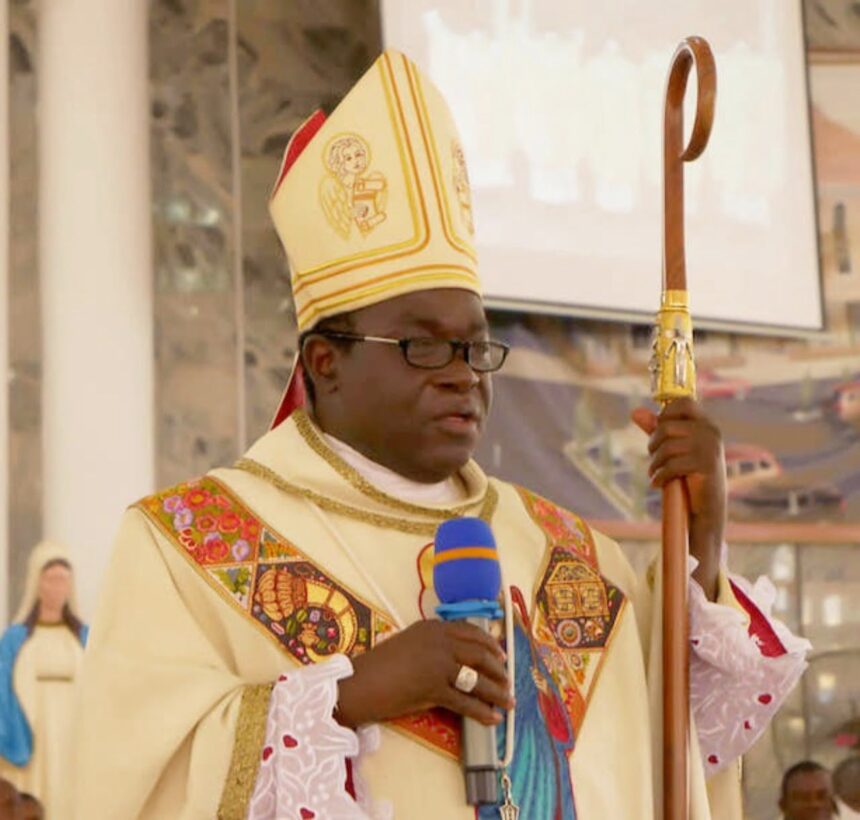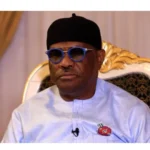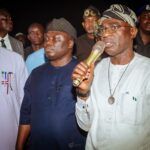Taiwo Popoola
Bishop of the Roman Catholic Diocese of Sokoto, Matthew Kukah, has bemoaned the continuous persecution of Christians in the North, saying perpetrators are allowed to move freely without facing punishment.
He said regardless of the ill-treatment experienced by the church in the North in recent years, not a single individual had been charged to court for those incidents.
The bishop stated this virtually during the Silver Jubilee Anniversary of the Order of the Knights of St Mulumba Nigeria, Eko Subordinate Council, themed: ‘Christian Martyrdom in Nigeria…a Building Block or Stumbling Block to Salvation or Patriotism,’ held in Lagos.
He also decried the ethnic colouration that was being given to the Christian faith in Nigeria, stressing that such attitude must be jettisoned.
“If you look at our country – Nigeria, the issue is that, in Northern Nigeria, Christians constitute some of the groups that you can kill without consequences. You can ask yourself has anybody ever been charged for burning churches or for destroying Christian properties.
“A pastor was slaughtered openly in Adamawa. People, priests were killed in Benue. Priests have been killed in Kaduna.
“It seems as if killing Christians is the only thing the world can do without consequences. That means that if you are serious as Christians, Catholics, what happens to the church in Ikwerre, what happens to the church in Sokoto, what happens to the church in Onitsha, what happens to the church everywhere in this country should affect us.
“Tragically, you know, Christianity has become largely subordinated to ethnicity.
“Many people today still have a caliphate mentality that those who are not part of us must be against us. And this is the fate of Christians and Christianity in many parts of Northern Nigeria today, where Christianity is being tolerated.
“Christians are being denied lands to build churches, and it is not seen as a problem. In a place like Kenya, I have a problem of that nature right now as we talk.”
Speaking on, Bishop Kukah said they must preach the gospel, whether welcome or unwelcome, adding that it has no political and ethnic boundaries.
“It is not about friendship. If it is about friendship, Jesus would have said to Peter, get behind me. When we are confronted, martyrdom is not just about being killed. Because, of course, in the end, you are killed for speaking the truth.
“I remember in the days of Abacha, many times people used to say to me, oh Bishop, if you don’t keep quiet, you will be killed for nothing.
“I am saying so because we now need to come to terms with the essence that every day of our lives as Christians, we are challenged to martyrdom. Martyrdom because a sword is dangling before us,” he said.







